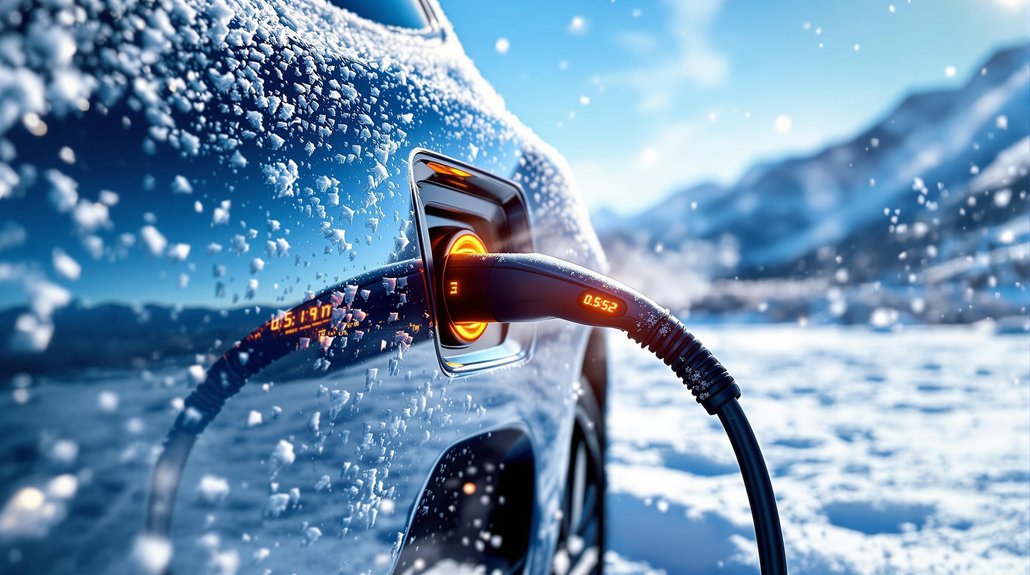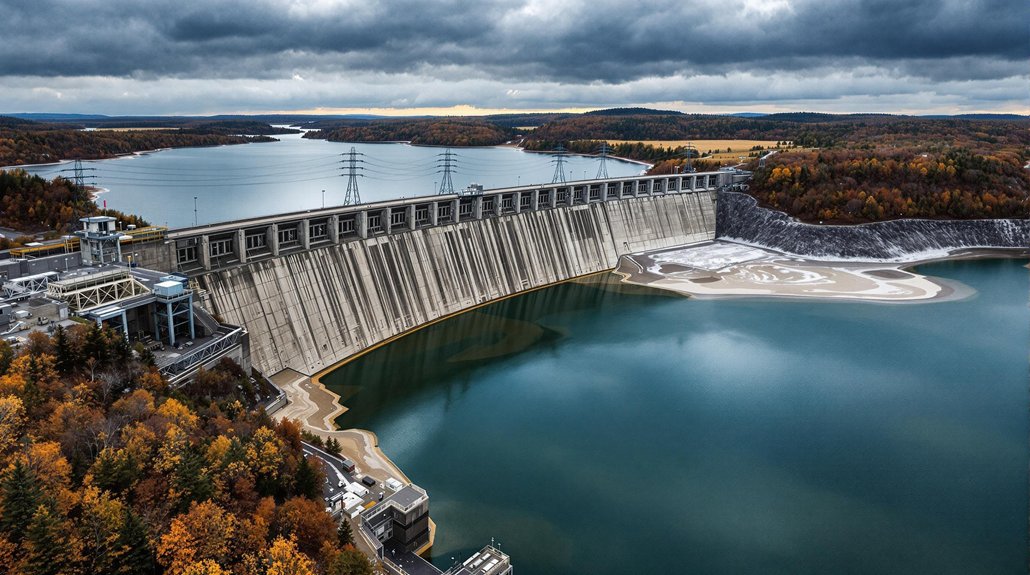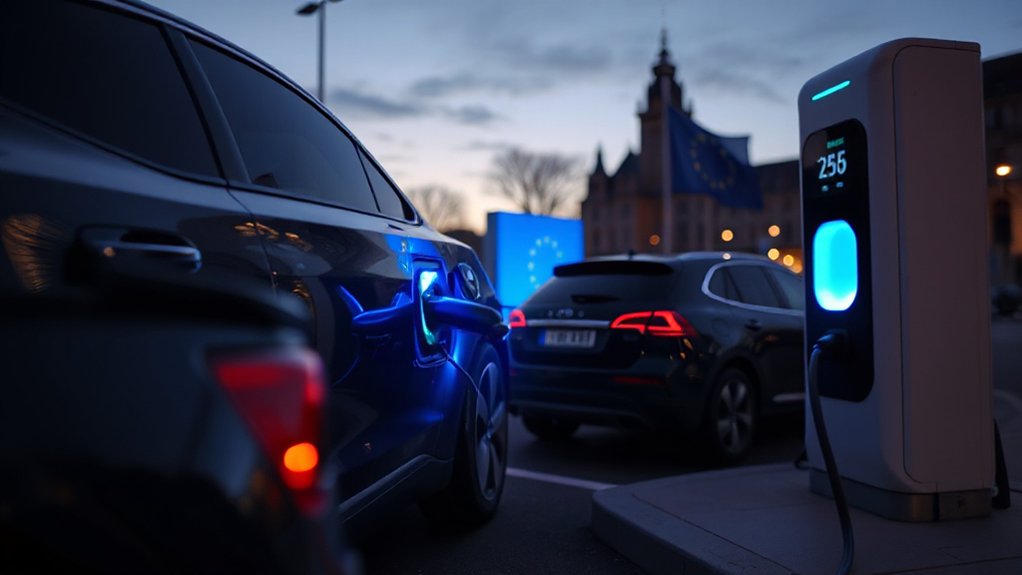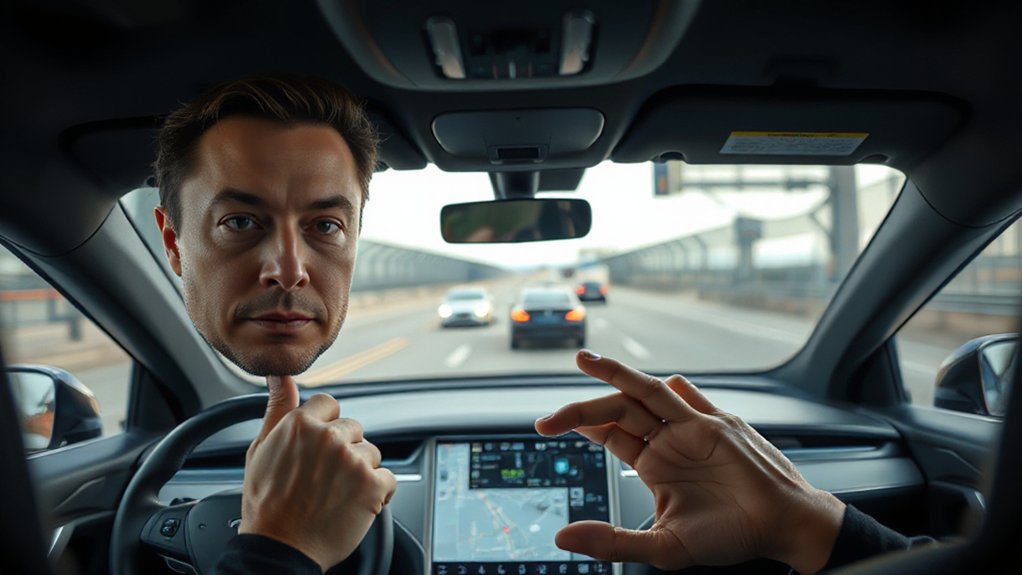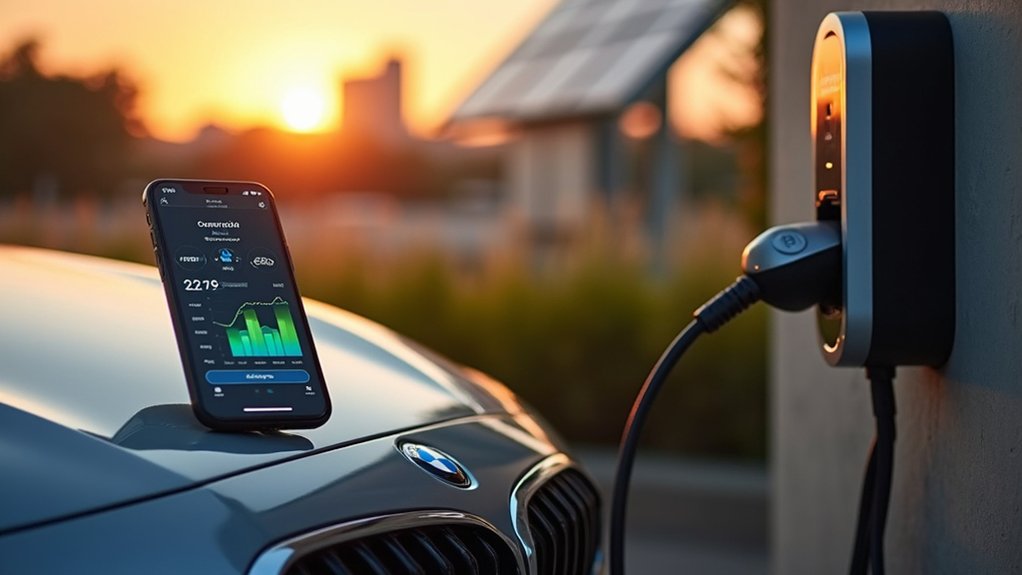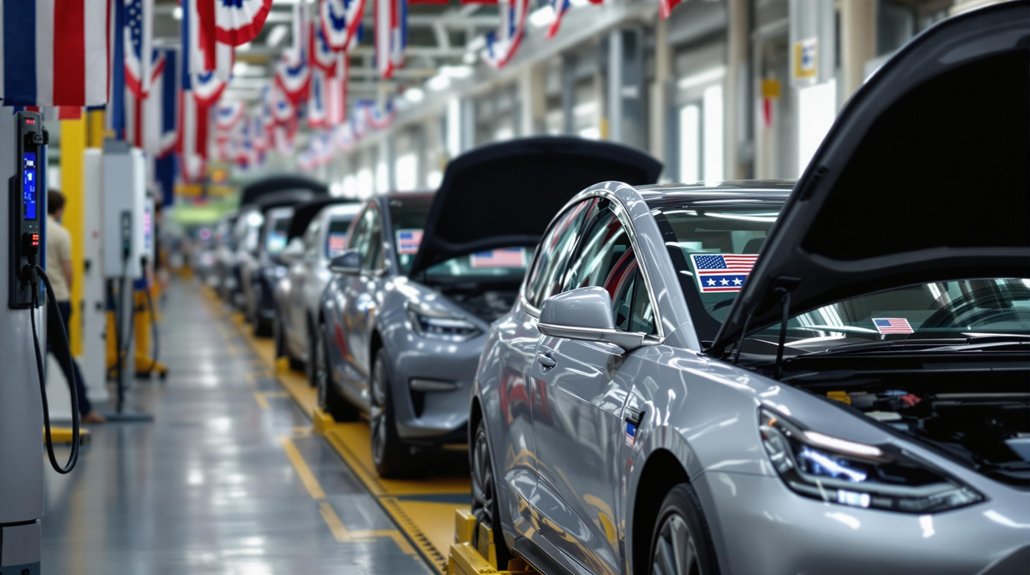University of Michigan researchers have developed a breakthrough for EV batteries that enables charging at 6C rates in freezing temperatures of 14°F/-10°C. Their manufacturing method creates a special coating that prevents the chemical layers that typically slow down lithium ion movement in cold weather. This innovation addresses the 25% range loss EVs experience during winter and could eliminate lithium plating issues. The technology promises to transform winter driving for electric vehicle owners.
Several groundbreaking developments in electric vehicle battery technology are poised to transform the EV landscape. Researchers at the University of Michigan have created a manufacturing method that allows lithium-ion batteries to charge up to five times faster in freezing temperatures. This innovation enables charging at 6C rates even at 14°F (-10°C), a significant improvement over current technology. The new electrode coating suppresses chemical layers that typically form on surfaces during charging, enabling better lithium ion movement.
The new process prevents lithium plating, which has been a major problem reducing battery life during fast charging in cold weather. This addresses one of the biggest challenges for EV owners in winter, when vehicles typically lose about 25% of their range due to cold conditions and cabin heating needs. The technology maintains high energy density without sacrificing performance, making it practical for real-world use.
Meanwhile, Tesla has announced plans for batteries that can charge as quickly as filling a gas tank, potentially cutting charging times to just 10 minutes. The company is also testing prototype batteries that don’t use lithium at all, which could help solve supply chain problems and reduce costs. These alternatives aim to make EVs more affordable and accessible to more consumers.
Other promising battery technologies include solid-state and sodium-ion batteries. Solid-state batteries can withstand temperatures up to 300°C without breakdown, offering significant safety advantages over current technologies. These new designs could offer dramatically longer lifespans—up to 50 years or one million miles with average use. Sodium-ion technology uses abundant materials instead of scarce lithium, potentially lowering production costs substantially.
These advances couldn’t come at a better time for the EV industry. Current batteries struggle in cold weather, requiring longer charging times and reducing driving range. The University of Michigan’s cold-weather charging solution could help EVs gain popularity in colder regions where adoption has lagged.
As researchers work to integrate these technologies across the industry, consumers can look forward to EVs that charge faster, last longer, and perform better in all weather conditions. These improvements directly address the main concerns that have made some buyers hesitant to switch from gas vehicles to electric.
